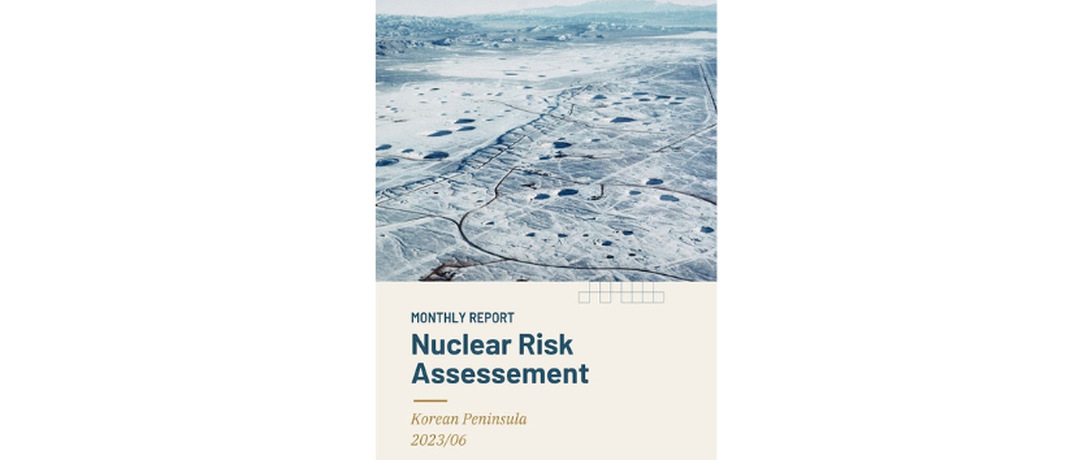
Nuclear risk can emanate from various factors. These range from the more obvious military developments and incidents that could lead to increased tensions and possibly even nuclear misuse, to the often overlooked domestic and external contexts in which a country perceives its circumstances and, based on those perceptions, makes decisions that have direct or indirect implications for nuclear risk.
In an attempt to more comprehensively assess nuclear risks on and around the Korean Peninsula, this monthly Report examines the DPRK’s and the ROK’s nuclear and military spheres, as well as activities and policy decisions across main domestic and foreign policy spheres that could impact nuclear risks.
Key Takeaways in June
- Nuclear
The DPRK reaffirmed its commitment to continue satellite launches and increase nuclear weapons production. Its failed satellite launch in May and two short-range ballistic missile (SRBM) launches in June showed that the DPRK continues to carry out launches using ballistic missile technology. In response to the DPRK’s satellite launch, the ROK and the United States announced new sanctions, while on the military side, Japan, the ROK, and the United States continued to enhance security cooperation. Although the continuous strengthening of mutual deterrence could lead to a more stable equilibrium on and around the Korean Peninsula in the long term, non-negligible risks exist for the time being.
- Military
Both Koreas have continued to invest in drones to enhance their ability to conduct surveillance, collect intelligence and strike targets, which may help reduce the risk of miscalculation due to improved situational awareness. The DPRK’s conventional military, including new types of light frigates, could potentially provide basic cover and support to the operation of its nuclear forces in times of armed conflict.
- Political
In June, the DPRK leadership continued to stress economic issues at home, while externally continuing to side with Russia. Pyongyang stepped up anti-US rhetoric timed with the anniversary of the start of the Korean War, suggesting it may be paving the way for escalating tensions if it decides to do so. Both Koreas appointed experts known as hardliners to their respective offices in charge of inter-Korean affairs, indicating that DPRK-ROK relations will remain strained for the foreseeable future.
Access the full report below or as a PDF on the right-hand side.